Technical Reports Road assets management
This page lists technical reports of PIARC in the field of road assets management. These publications are classified chronologically.
-
Prioritisation of bridge rehabilitation works
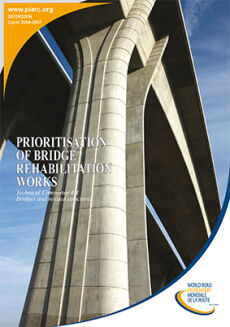
The challenge in bridge management is to ensure that all bridges in a road network remain fit for their intended purpose over their design life and beyond at minimum life cycle cost. The bridge rehabilitation prioritisation process is part of the entire road infrastructure management task and bridge asset managers must seek a balance between the proposed performance targets and reasonable funding needs. This exercise must be conducted in the context of acceptable professional practice and community [...]
-
High level management indicators
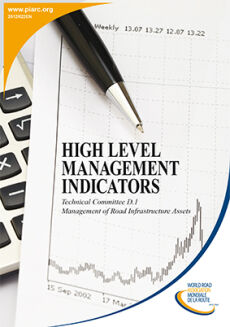
This report proposes a methodology for the identification of management indicators useful to road authorities for an efficient management of the road infrastructures they are in charge of. The methodology consists of four steps: the identification of the stakeholders; the analysis of the expectations of each stakeholder; the prioritization of the expectations for each stakeholder; the identification of " high level management indicators " (HLMI) which allowquantifying the performance [...]
-
Allocation of resources across asset classes
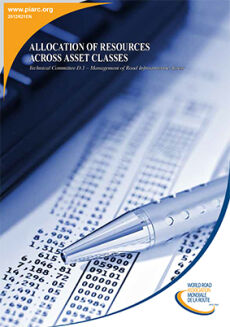
This report presents the approaches used in different countries for the allocation of resources based on road asset management and the prioritization process for maintenance expenditure across different types of assets (pavements, bridges, geotechnical structures, etc.) Answers to an international survey on the origin of resources and on the mode of allocation were provided by 35 road owners from 20 different countries. Case studies in appendix present the approach followed in seven countries [...]
-
Dealing with the effects of climate change on road pavements
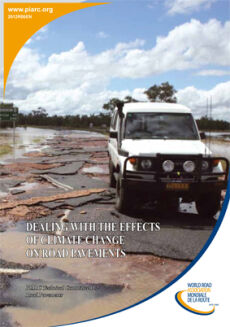
Climate change can have a direct impact on the performance of our transportation infrastructure. The purpose of the report is to sensitize the road sector to the likely impacts of climate change on road pavements and to provide guidance on how to go about: -Assessing the vulnerability of road pavements to the direct impacts of climate change, and; -Identifying and prioritizing possible adaptation measures for road pavements that could be applied immediately or phased in over time, so as to [...]
-
Management of bridge stock
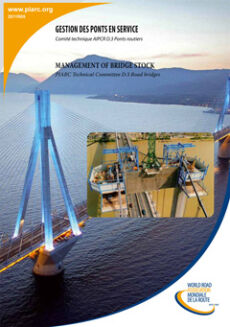
This report presents the results of a survey, to which 16 bridge operators from 11 countries responded, about the management of their bridge stock. The first set of questions deals with the nature of the bridge stock, the management programmes, and the funds allocated yearly for bridge management and inspection programmes. The second set of questions is related to the bridge management system (BMS) used: whether such a system is implemented; who is in charge of data management in the system; [...]